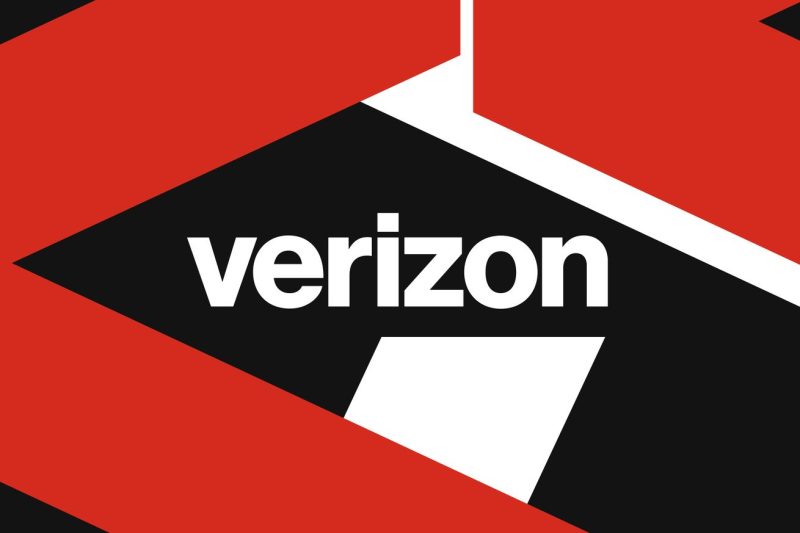In a surprising turn of events in the music industry, several major music labels have jointly filed a lawsuit against Verizon, one of the largest telecommunications companies in the United States. The lawsuit, totaling more than $2.6 billion in damages, alleges that Verizon is contributing to copyright infringement by allowing its subscribers to access and distribute unauthorized music through its network.
The music labels involved in the lawsuit include industry giants such as Universal Music Group, Sony Music Entertainment, and Warner Music Group. These labels represent some of the biggest artists in the music industry and hold extensive catalogs of copyrighted music.
Verizon, on the other hand, is known for its telecommunications services, including internet and mobile phone services. The lawsuit claims that Verizon’s network is being used by subscribers to illegally download and share music without proper authorization or compensation to the music labels.
Copyright infringement has been a longstanding issue in the music industry, with the rise of digital technology making it easier for individuals to access and distribute music without permission. While there are laws in place to protect the rights of artists and labels, enforcing these laws in the digital age has proven to be a complex and challenging task.
One of the key arguments made by the music labels in the lawsuit is that Verizon has not taken sufficient steps to prevent copyright infringement on its network. While Verizon may argue that it is merely a provider of telecommunications services and not responsible for the actions of its subscribers, the labels contend that the company has a responsibility to ensure that its network is not being used for illegal activities.
In recent years, there have been several high-profile cases of music labels successfully suing individuals and companies for copyright infringement. These cases have resulted in significant damages being awarded to the plaintiffs, serving as a deterrent to others who may be tempted to engage in similar practices.
The outcome of this lawsuit against Verizon could have far-reaching implications for the music industry and the broader digital landscape. If the music labels are successful in their claim for damages, it could set a precedent for holding telecommunications companies accountable for copyright infringement occurring on their networks.
In conclusion, the lawsuit filed by major music labels against Verizon for more than $2.6 billion in damages highlights the ongoing struggle to combat copyright infringement in the digital age. As technology continues to evolve, it is essential for all stakeholders, including telecommunications companies, to take proactive measures to protect the rights of artists and content creators. Only through collaborative efforts and strict enforcement of copyright laws can the music industry ensure a fair and sustainable ecosystem for all parties involved.

